Vienna Process: Re-visiting and Re-thinking the Euro-MED
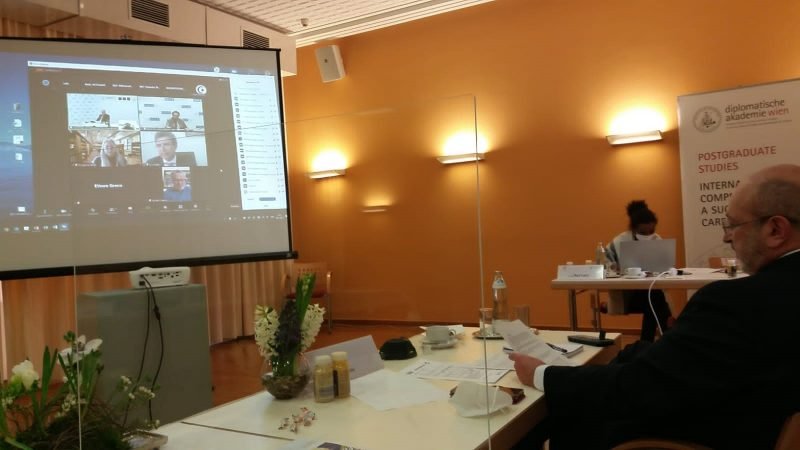
On the historic date of March 08th – International Women’s Day, a large number of international affairs specialists gathered for the second consecutive summit in Vienna, Austria. This leg of the Vienna Process titled: “Europe – Future – Neighbourhood at 75: Disruptions Recalibration Continuity”. The conference, jointly organized by the Modern Diplomacy, IFIMES and their partners, with the support of the Diplomatic Academy of Vienna, was aimed at discussing the future of Europe and its neighbourhood in the wake of its old and new challenges.[1]
Along with the two acting State Presidents, the event was endorsed by the keynote of the EU Commissioner for European Neighbourhood and Enlargement, Excellency Olivér Várhelyi. The first, of the three-panel conference, was brilliantly conducted by the OSCE Sec-General (2011-2017), current IFIMES Euro-Med Director, Amb. Lamberto Zannier. Among his speakers were academics, government and IGO representatives of different yet complimentary backgrounds. Following is the brief, yet not conclusive, overview of the discussed.
Although not new, the EURO-MED cooperation matter remains a distinguished area where the field of possibilities is immense, and where progress vis-à-vis this transregional collaboration would tremendously impact all involved parties’ crisis management abilities. Thus, re-discussing EURO-MED with, if necessary, a novel overall geometry is rightfully referred to as a both compelling and heat-on point of the agenda by the conference panellists.
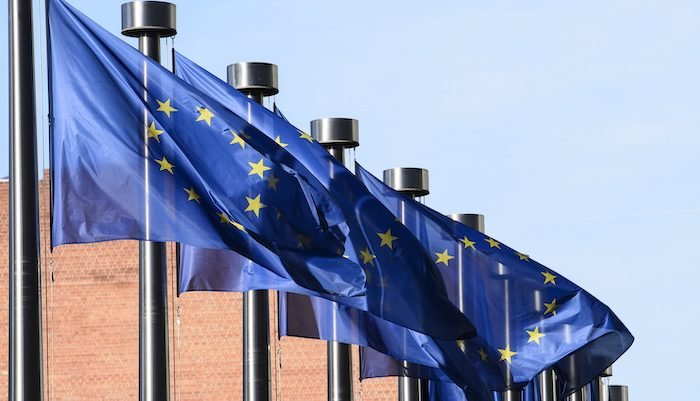
Admittedly, the Barcelona Process of 1995 and PEM Convention having entered into force in early 2012 were remarkable initiatives aiming notably at introducing institutional frameworks and promoting deeper economic integration based on the “rules of origin” concept. However, the initiatives did not blossom as was hoped, and this is due to several reasons that keynote speaker Monika Wohlfeld (German Chair for Peace Studies & Conflict Prevention) and Ettore Greco (Vice-President of the Institute for International Affairs) have touched upon during the 8th March international event. Given that our awareness and understanding of the lack of prosperity having surrounded those first initiatives is key to re-thinking, re-calibrating and, in turn, re-engage in an auspicious direction, this piece will be taking you back to the salient message vehicled by Wohlfeld and Greco respecitively.
First, Monika Wohlfeld took the floor and opened up by acknowledging the past attempts at reaching cooperation security agreements as well as their relative deficiency up until now. Equally as important to recognize are the causes of such failings: actually, little traction was brought on following the emergence of the first initiatives due to, notably, an absence of lasting peace climate and old relational patterns within the involved regions. The context having been set, she moves onto the juicy bit: the inherent inadequacy of the multilateral approach whose prints are all over the 90s and 2000s proposals. What is more, she brings to the table a counter-approach as the path to engage in: minilateralism.
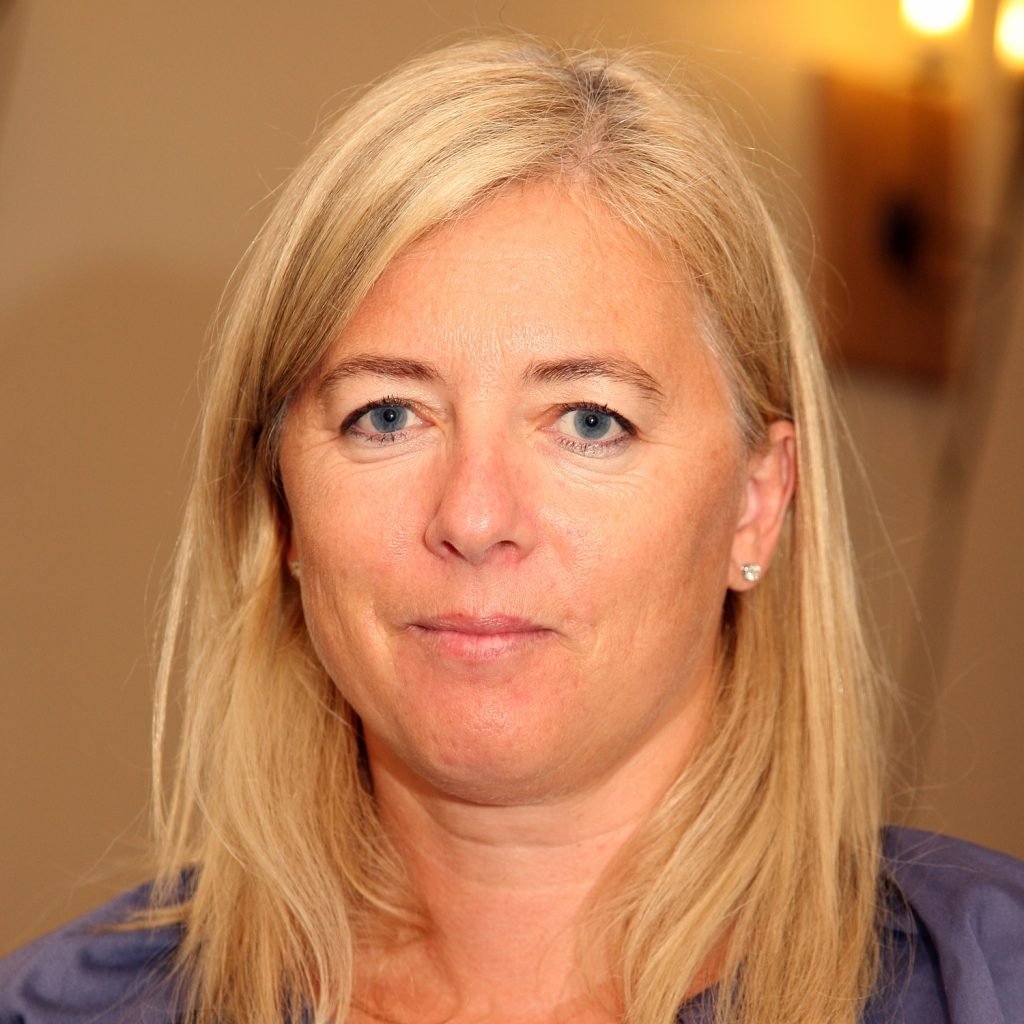
The aforesaid concept offers an alternative cooperation modus that is more selective, flexible and mostly more conscious of, and focused on, the fact (or rather the reality) that States can participate in various ad-hoc frameworks with fluctuating membership. The latter would then be assessed through case-by-case interests, shared values and pertinent capabilities. In that sense, by contrast to a multilateralist angle, a minilateralist attitude would be oriented towards the sub-regional rather than the international; would be a voluntary undertaking rather than a binding one; would concern fragmented but specialized fields of application rather than general comprehensive ones; would tend to be multi-stakeholders rather than State-centric; and would proceed from a bottom-up thinking rather than top-down. Monika’s suggested shift in approach answers an important need, backed-up by local expert voices, which is that of the serious taking into account of sub-regional diversity in the process. By doing so, the odds of reaching cooperation agreements with MED countries – and moreover the chances of those agreements panning out – would be extremely favourable.
As a matter of fact, Ettore Greco endorsed a consubstantial view in his intervention during the conference. More specifically, he believes that a looser approach based on an empowered co-ownership and greater attention to actual regional dynamics and situational constraints ought to be adopted.
Drawing on the Barcelona Process experience, which rendered apparent its shortcomings and the recent state of deadlock having affected the EURO-MED coop, Greco equally provides alternate lines of thinking. What is clear to him is that the integrationist approach and the idea according to which cooperation should equate to structural convergence makes for an unworkable avenue. Indeed, he also pointed out that one main issue encountered with regard to earlier cooperation models (whether in the Barcelona Process or even in the ERANET Project of 2013) was the transfer and, by way of symmetry, the reception of Western policies in the Middle-East and North Africa. This cannot help but to ring an old bell; that of Watson’s concept of the ‘legal transplant’ and related limits. His famous metaphor of the mountain plant being uprooted and planted back in the desert, incurring changes to the plant’s nature remains particularly striking and timely. This goes to show, or rather to remind some, that purely transplanting policies that are specific to a certain ethos without adjusting to the new local particular context can often prove inefficient.
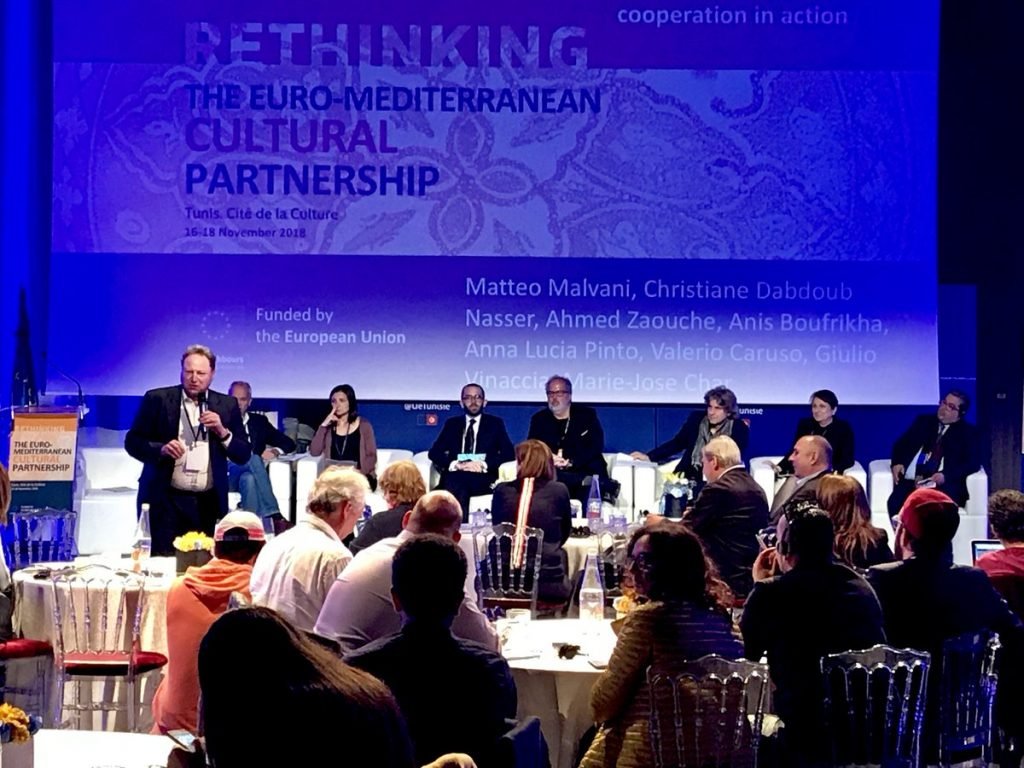
Consequently, is it well-advised that the EU places more emphasis on, and deploys more energy towards, stability and resilience as goals set out for the cooperation in lieu of democratization along with institutional reforms. That being said, Greco concedes that in the absence of profound transformation – and hence, reforms, to some extent – stability in itself is seldom achievable.
Setting aside the MED inner conflict dynamics over which the EU has very little if no control over, new forms of partnerships should be relentlessly explored and promoted in a world where the concurring, mutually-reinforcing challenges can only be optimally addressed through wider pan-regional operative frameworks. In that spirit, Ettore Greco, as emissary for the IAI, lays out some ground requirements we need to achieve as a roadmap to making successful advances. These are:
- The promotion of a comprehensive concept of security. That is, one more inclusive and of broader scope – and thereby more realistic.[2]
- The creation of better synergies between the different cooperation frameworks (NATO-MED dialogue, OSCE MED partnership, Union of the MED) and clarification of each initiative’s own added-value.
- The involvement of valuable non-EU actors such as Russia or the United States of America.
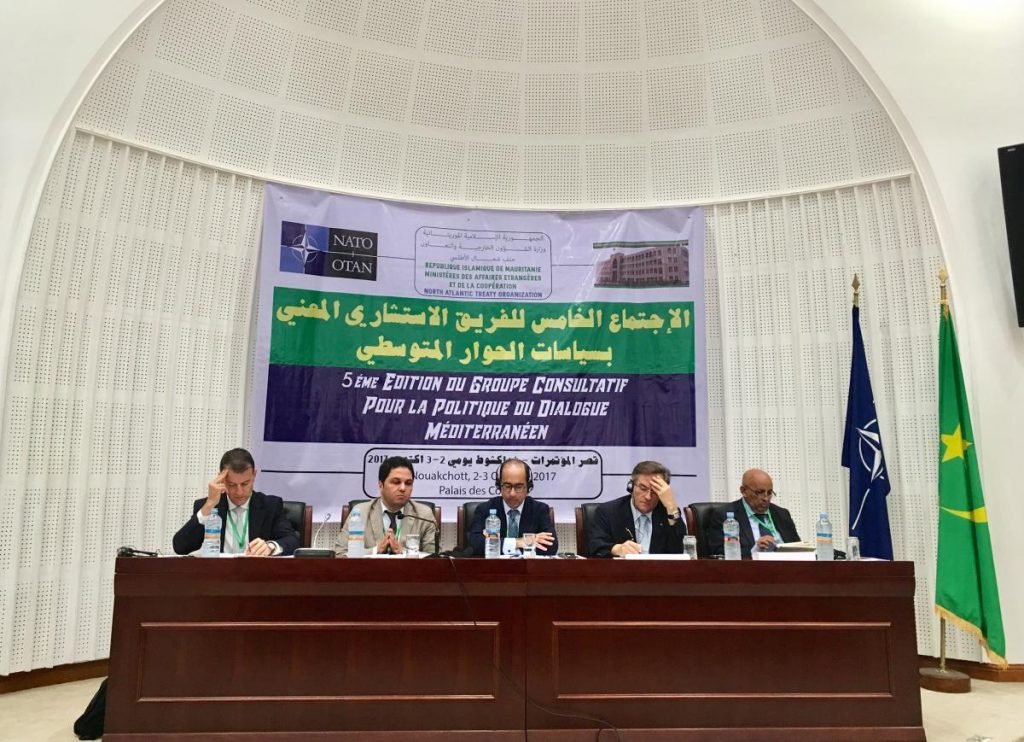
Those guidelines, whether proposed by Monika Wohlfeld or by Ettore Greco, prove that the re-thinking of the EURO-MED cooperation is a breeding ground already being cultured. Besides, this political activation or mobilization towards re-shaping a functional and tighter cooperation scheme can be observed across the board of regional and sub-regional players directly affected by the issue. But mostly, there is one common thread in the discourses of those airing opinions to lead the best way: acknowledgement of the omnipresent diversity and pluralism at play. Only by factoring in the diversity of the partners and their sub-regions can there be beneficial arrangements and progress be made. This, of course, has to be understood as a central remark directed to the European side of the table. All and any relic of hegemony need be completely done away with, so as to fully respect and integrate the diverse identities in the process. And in fact, this shouldn’t be hard to comprehend and assimilate from a EU perspective considering the various cultural bundles interacting within the EU block itself. What is more, the European Court of Human Rights is King as revering and upholding the national particularism of its Member States – it makes it a point of honour in the crushing majority of its judgements whenever harmony flirts too close with a homogeneity requirement that comes short of negating a region’s tradition
[1] This highly anticipated conference gathered over twenty high ranking speakers from three continents, and the viewers from Australia to Canada and from Chile to Far East. The day was filled by three panels focusing on the rethinking and revisiting Europe and its three equally important neighbourhoods: Euro-Med, Eastern and trans-Atlantic (or as the Romano Prodi’s EU Commission coined it back in 2000s – “from Morocco to Russia – everything but the institutions”); the socio-political and economic greening; as well as the legacy of WWII, Nuremberg Trials and Code, the European Human Rights Charter and their relevance in the 21st century.
[2] On that, see the OSCE model proposal


















